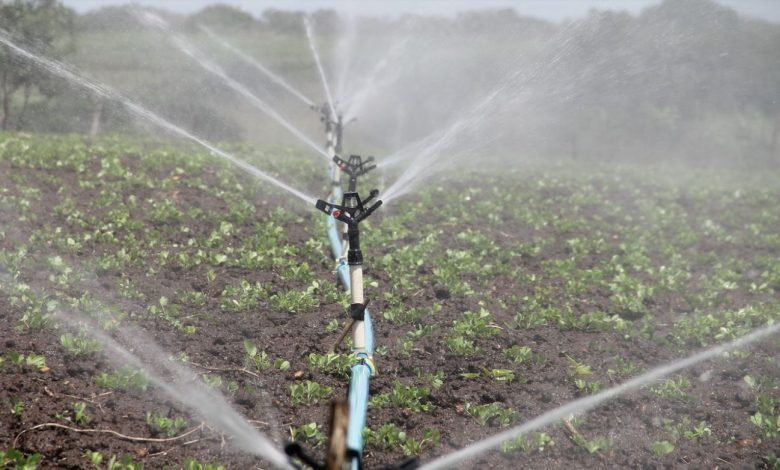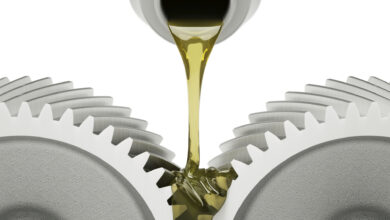Guidelines to ensuring Maintenance of an Effective Irrigation System



Regular and frequent maintenance of irrigation systems helps to ensure that they remain functional and effective for long periods. Certain damages when not handled or prevented can cause even more serious problems with the system. As a homeowner always follow your complete guide to irrigation systems to prevent further damages to your irrigation system.
Guidelines to Avoiding Serious Problems
1.Monthly inspections
The irrigation system requires monthly examination to identify any clogs, leaks, breakages, or any other malfunctions. The use of micro-irrigation filters or clean clogged screens may help prevent such issues.
2.Sprinkler heads adjustments
Get rid of anything that may interfere with the sprinkler heads or lead to ununiform water distribution. Always ensure that the sprinkler heads are aligned properly in the required positions and patterns such that they only water the desired areas with plants.
3.Pressure checks
The performance of the irrigation system is likely to be affected by pressure fluctuations and disruption. To ensure the pressure does not affect the efficiency of the system, regulators can be employed to monitor the pressure during the installation of the system.
4.Sensor installation
Sensors are usually connected to the smart controller such that in case of rain, they help to automatically turn the system off. There are rain sensors that turn the system off during rainy weather, soil sensors, moisture sensors, and freeze sensors that are helpful during freezing weather.
5.System winterization
This involves blowing out the irrigation system with the help of an irrigation contractor after winter. This helps to get rid of any water stuck within the system that may lead to freezing or crack backflow prevention components such as valves, pipes, and sprinklers.
It is important to keep your irrigation contractor’s skill range in mind while selecting who to hire for installation, maintenance, repair, and replacement of the system. You will want a highly qualified professional for optimal performance. The following guidelines may help when you are selecting a contractor:
- They should understand the weather conditions and the climatic changes in the local area to offer appropriate advice in selecting the appropriate type of plants that will flourish and grow healthy under those conditions.
- They should specialize in handling irrigation techniques and understand the principles and the technology.
- They should have the required information about smart irrigation products and is capable and willing to install them whenever necessary.
- They should provide an outlined plan on the location of the key components that require regular checking.
- They should be able and willing to train you on how to operate and handle the irrigation system.
Conclusion
Decisions based on the maintenance and repair of irrigation systems should involve experts with deep a knowledge and understanding of the functionality of the systems. Irrigation contractors are often involved in the process since they are qualified and are experienced in dealing with irrigation systems. Collaboration between the property owner and the contractor ensures that any problems are dealt with immediately and that they do not lead to worse situations. More serious problems cost much more to eradicate and leads to water wastage hence higher bills.



